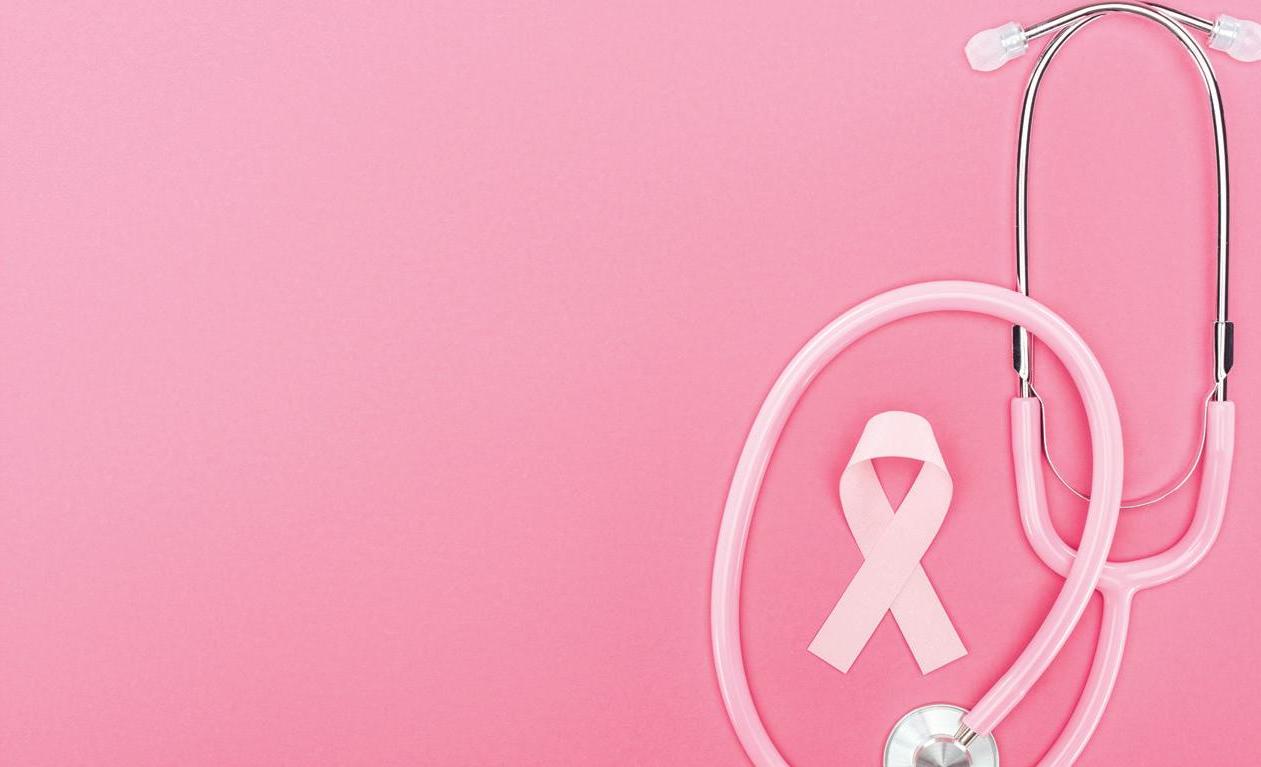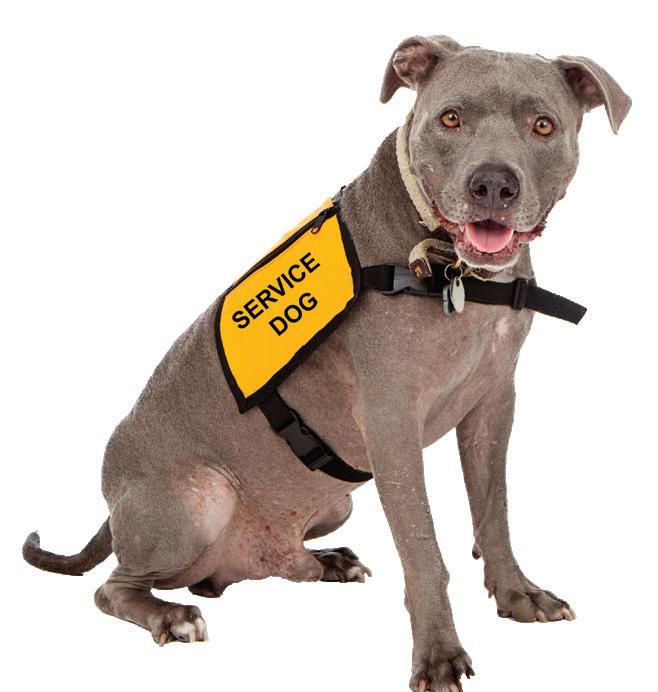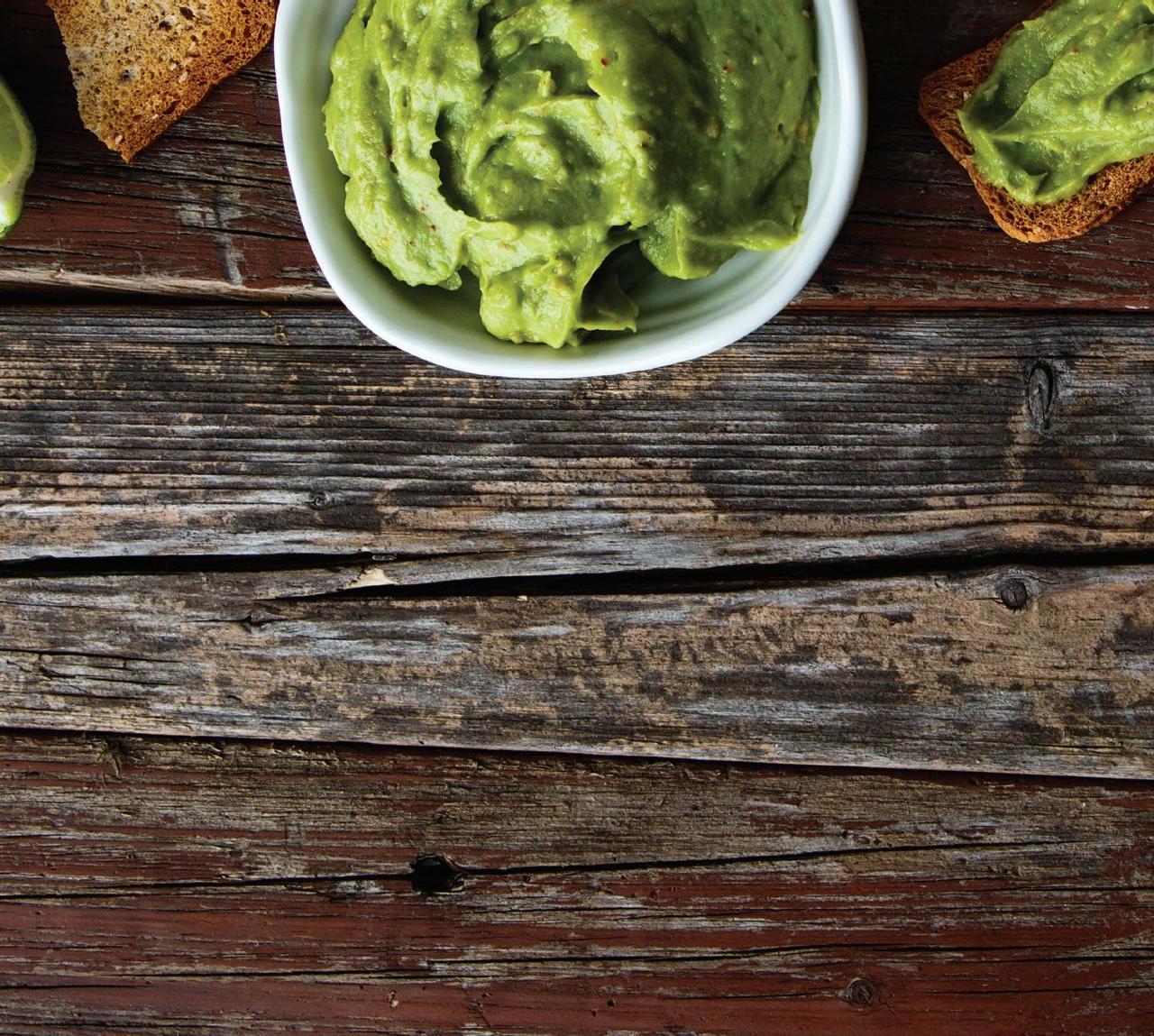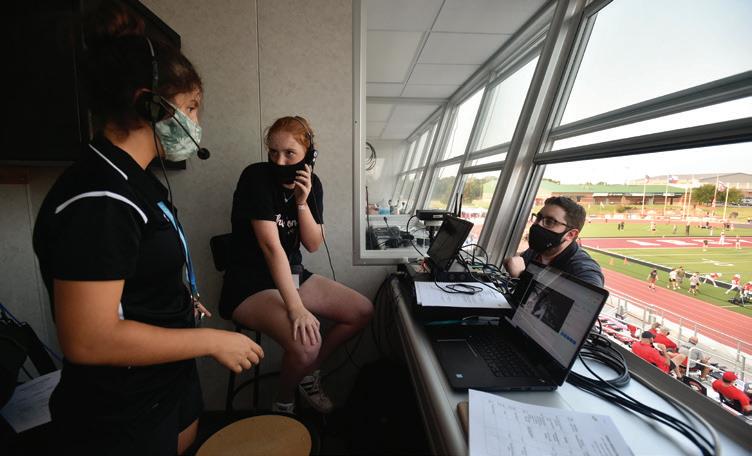
2 minute read
Connections Wellness Group: Supporting You During The Pandemic and Beyond
CONNECTIONS WELLNESS GROUP
SUPPORTING YOU
Advertisement
DURING THE PANDEMIC AND BEYOND
by Steve Gamel
It’s no secret that all of us have been struggling to mentally navigate the COVID-19 pandemic. For adults, the constant unknowns lead to anxiety over issues like layoffs, sickness, how to pay our bills, and fears over whether or not our kids are safe within school walls. Far too often, we must pretend everything is okay when it’s clearly not, which makes it worse for our children as they try to cope with their own issues: returning to school, feelings of isolation, and more.
Connections Wellness Group in Denton over the past eight months. Thankfully, wants you to know you and your kids many people are calling Connections aren’t alone. It is okay to say that, from Wellness, which has set a new standard in time to time, you may need help. Your handling the most clinically challenging mental health — even in a pandemic — is of circumstances — whether in person or the reason they come to work every day. through teleservices. They have services “Our culture tells us, ‘keep going,’ and ‘persevere on,’ or ‘it will be fine,’ and ‘you’ve got this.’ But there has to be a counterbalance to that,” CEO Awstin Gregg said. “The way we become our best is seeking and having the support we need in tough times, which leads to more success in the end.” that assist patients as young as 3 years old and currently offer programs for teens and adults that include Process groups, psychoeducational groups, experiential groups, psychiatric evaluations, nursing evaluations, and medication education. Their therapies include cognitivebehavioral, solution-focused, dialectical “YOU CAN’T KEEP POURING FROM AN EMPTY CUP.” The sad reality is that mental health affects behavior, motivational interviewing, people of all ages, and Gregg said those cognitive processing, rational emotive struggles have only been exacerbated behavior, SMART recovery, and many other services depending on the need.
“When it comes to the pandemic, there are a few points we are trying to make, which include creating routines and structure for yourself, focusing on controllable tasks, and encouraging parents to check in on their kids more frequently,” said Dr. Syed Nizami, a child and adolescent psychologist and the medical director for the PHP and IOP programs. “We also want to help people learn coping skills and self-care, and finding ways to stay connected as best as we all can.”
Gregg agreed, adding that people can’t continue being a caregiver for their family and others if they do not receive any care or encouragement in return. That’s what Connections Wellness Group is here to do — even in a pandemic.
“You can’t keep pouring from an empty cup,” Gregg said. “It’s okay to say that, from time to time, you might need help. I happen to be biased, but I think we are pretty good at providing that help. Let us support you.”










